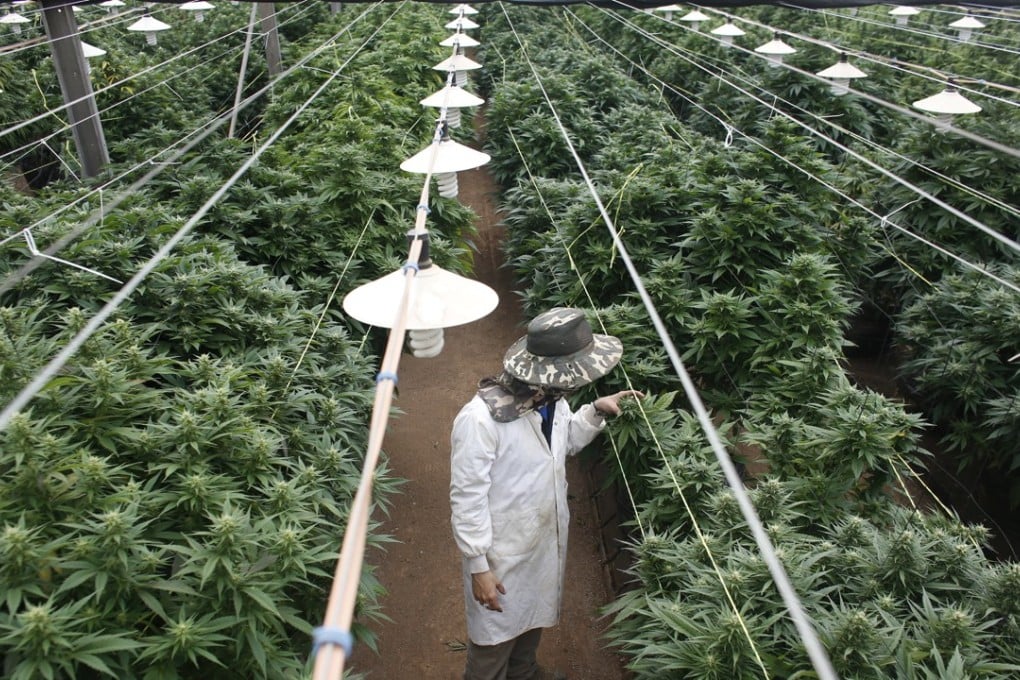Green gold rush: Thailand, Malaysia race to legalise medical marijuana
- Thailand and Malaysia are vying to become the first Asian countries to legalise medical marijuana with the lure of billions in revenue trumping decades of prohibition
- Support for liberalisation is not unanimous: China, South Korea and Japan last month warned citizens visiting Canada to avoid cannabis and Singapore maintains a blanket ban

Asia has the toughest penalties against drug use and trafficking but the legal landscape is shifting in several countries where cannabis, or marijuana, once deemed ruinous to young lives, is emerging as a lucrative industry.
In Thailand, where trafficking marijuana is illegal, parliament has set in motion plans to legalise the drug for medical use. On November 9, the national legislative assembly filed a proposal to re-classify marijuana as a legal drug and allow its regulated sale and possession. Marijuana may become available for licensed usage before the end of the year, according to The Washington Post.
This would position the Southeast Asian country as the epicentre of the burgeoning industry and advocates claim Thailand’s legal marijuana market could make US$5 billion by 2024.
Malaysia, which recently scrapped the death penalty for all crimes including drug trafficking, has begun informal cabinet discussions on legalising medical marijuana, racing alongside Thailand to become the first Asian country to allow the drug.
The “green gold rush” has begun and Asian nations are eager to share in the windfall.
The changing landscape
There are a number of varieties of cannabis – hemp is one, marijuana is another – and the plant’s stems can be used for fabric, its leaves for smoking and seeds for snacks, oil and drinks. The difference between the two is the amount of the psychoactive compound, tetrahydrocannabinol (THC). Hemp contains only trace amounts but both contain cannabidiol (CBD), which has been used to treat conditions such as epilepsy and Parkinson’s disease.